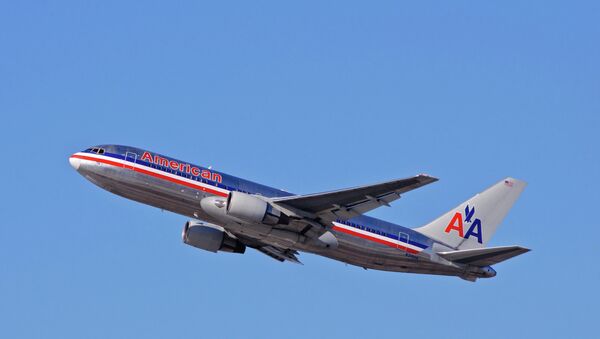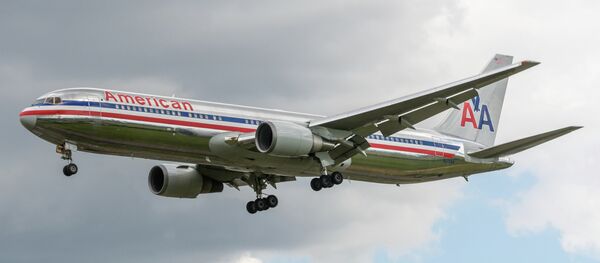On August 31, the Federal Aviation Administration and American Airlines made a risky decision to let AA Flight 31 reach the destination after "someone on the ground" realized the unprecedented situation.
The Honolulu-bound aircraft did not have Extended-range Twin-engine Operational Performance Standards certification to make the flight over Pacific.
The plane also lacked emergency oxygen and fire suppression equipment required for long-haul flight, meaning the crew that prepared the flight violated FAA regulations.
Norton said that the A321-H aircraft meant to fly to Honolulu was part of American Airlines' long-term strategy to renew its aircrafts including Boeing 757s which had been making regular flights to Hawaii until August 18 when the A321-H was put into service.
"Somebody screwed up big-time, somewhere," an American Airlines pilot told CNN, speaking on the condition of anonymity.
The pilot gave details on how the process of preparing a cargo for such a flight usually goes: the maintenance crews must sign off on all extended operation certified equipment on any long-haul aircraft and check all related items before approving a plane as certified to fly.
"All (extended operation) related equipment must be certified and be operational before a plane is cleared to fly. That means everything from oil quantities, to crew oxygen quantities, to retardants — they all have to be looked at," he said.
"All I can say is, thank God they didn't have an emergency on that flight."
For its part, the airline claimed that they acted quickly when they figured out their mistake.
"When we realized what happened, we immediately notified the FAA and began a thorough review of our procedures," Norton said. "Already, we have revised our software to properly identify the correct aircraft are operating the correct routes."
Though the plane safely landed in Honolulu, it was shortly been returned back to LAX with no passengers on board.



